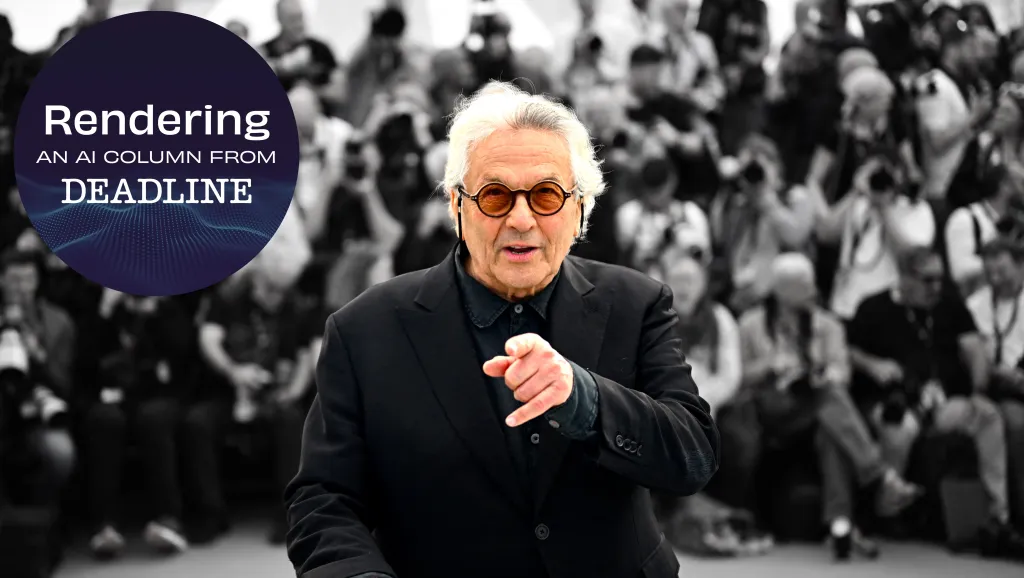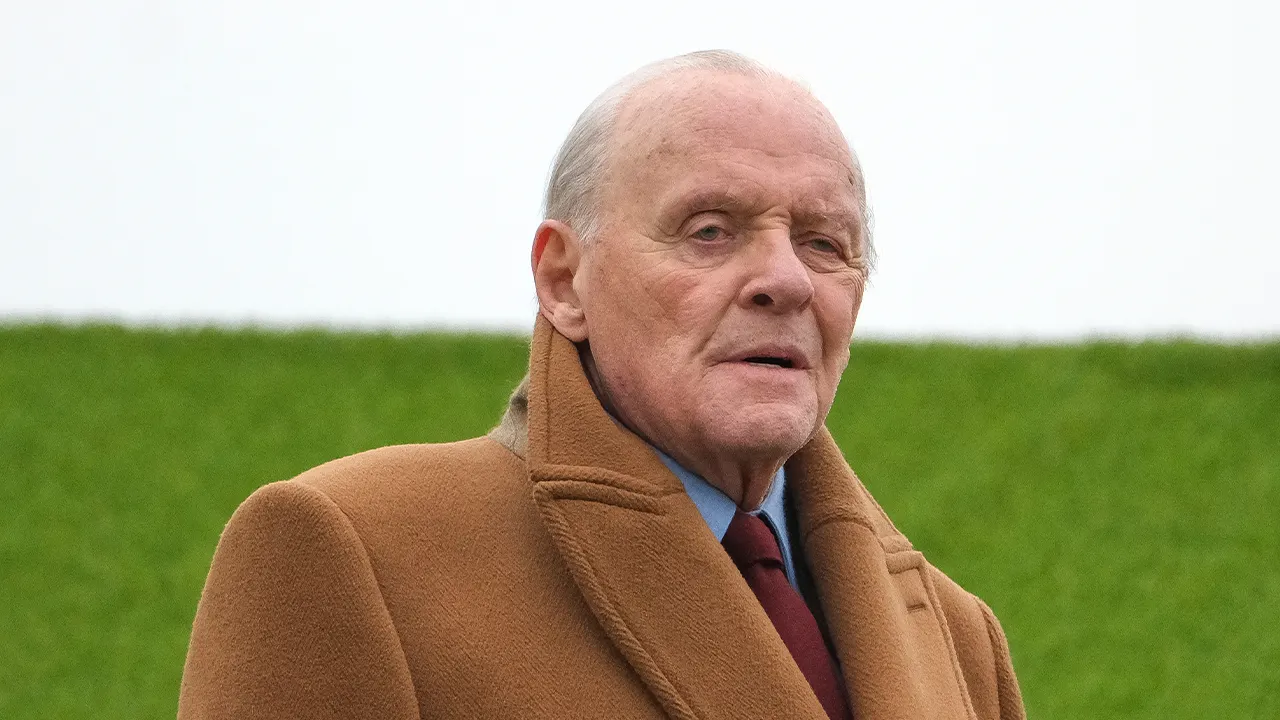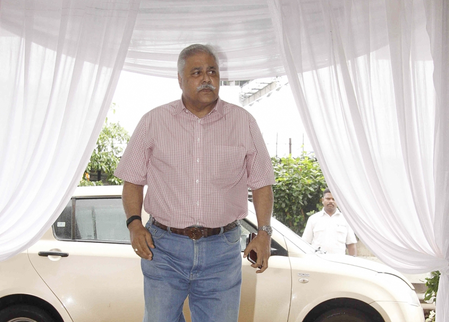Copyright Deadline

Welcome to Rendering, a new Deadline column reporting at the intersection of AI and showbiz. Published with our TechLine newsletter, Rendering will examine how artificial intelligence is disrupting the entertainment industry, taking you inside key battlegrounds and spotlighting change makers wielding the technology for good and ill. Why the name Rendering? It describes both the digital and analog processes of creation, be it an actor’s rendering of a character, a technical step in visual effects, or a machine generating an image from a written prompt. Rendering also describes showbiz’s reckoning with AI: a picture is emerging, but it is not yet clearly defined. Our column will endeavor to bring the big issues into focus. Got a story about AI? Want to tell us about the next big innovation or why AI robbed you of opportunity? Rendering wants to hear from you. Get in contact: jkanter@deadline.com. This week: How Mad Max director George Miller was captivated by the quality of storytelling at Australia’s first AI film fest. As Guillermo del Toro was soaking up the applause of a New York audience for his Netflix feature Frankenstein, he declared: “F**k AI.” Meanwhile, on the other side of the planet, another visionary auteur has been rather less hostile about movie-making by machine. George Miller spent 40 years building the Mad Max universe, but holds little fear for technology that can recreate a version of his dystopian dust bowl within seconds of rendering a text prompt. The director underlined his fascination for AI filmmaking by joining the jury of OMNI, Australia’s first artificial intelligence film festival. The event is the brainchild of Travis Rice, an immersive tech specialist at the University of New South Wales, and Aryeh Sternberg, a former ad agency executive who now works for tech company Radmis. They soft-launched OMNI months ago, working with Furiosa: A Mad Max Saga VFX specialist, Yan Chen, to screen entries in Miller’s office. The Australian director was drawn into what he was seeing and agreed to lead judging for OMNI’s first full edition, held this week. Rice and Sternberg say The Witches of Eastwick helmer has also been in contact with the AI prompt artists behind the submissions to better understand their processes and share his storytelling expertise. Where other directors, including Richard Linklater and Steven Soderbergh, have remarked on AI’s value as a tool, Miller has likened generative filmmaking to past creative revolutions, including the invention of oil paint and photography. His point being that one medium has not replaced the other, but rather that they can co-exist. He believes AI can occupy a similar space alongside traditional filmmaking, so long as it prioritizes emotional resonance over technical novelty. “Not everyone is as open-minded as George,” Sternberg tells Deadline’s Rendering. Rice adds: “George is looking to the future and looking to understand these tools. His test when we were judging was: ‘I’m not thinking about how it was created, [it’s whether] I want to know what happens next.’” OMNI 1.0 had 400 entries, with a screening event taking place on Thursday, at which The Cinema That Never Was will claim the Mirror Award grand jury prize. The short film (watch below) was created by the self-styled AI filmmaker Mark Wachholz, based in Berlin, Germany. Using dreamy cinematic sequences, it imagines films that were never created and asks: what if the movies we love are just a fraction of what could have been? “It’s a love letter to the power and aesthetics of cinema, especially to what we’d now call classical cinema,” Wachholz tells Deadline. He says AI has allowed him the tell stories that were previously beyond his reach. Miller’s endorsement meant a great deal to Wachholz because Mad Max: Fury Road was an inspiration for him. He says that the film’s conception through storyboards, rather than a traditional script, was not unlike his own process of using AI images to create a narrative. “We’re entering a new phase of filmmaking: more immediate, more visual, and incredibly empowering,” Wachholz argues. As Miller put it in an interview with The Guardian last month, AI has the power to “make screen storytelling available to anyone who has a calling to it.” This embrace of democratized filmmaking essentially sets Miller apart from del Toro, who has voiced anxiety about AI being misused by the masses. Both could be proved right, but it will be events like OMNI that will help distinguish between responsible and reckless AI storytelling.



